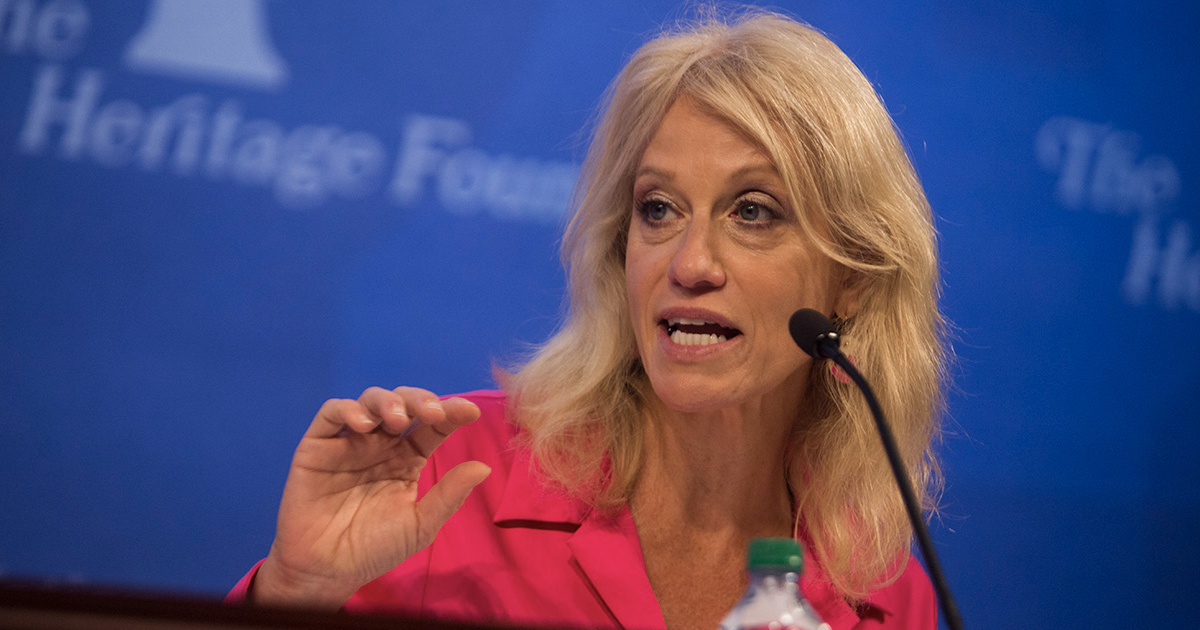Microsoft founder and CEO Bill Gates has gotten tired of waiting for our government to get serious about renewable energy. Already having invested $1 billion of his own money in such projects, he’s getting ready to put in another billion over the next five years. Meanwhile, the U.S. federal government has committed $4 billion over the same time period. The federal programs are primarily reliant on tax credits and commitments from the private sector.
That’s not going to cut it, according to Gates. For all their vast wealth, even America’s billionaire entrepreneurs (at least, those not tied to the fossil fuels industry) don’t have the resources to address the massive problems of energy and global climate change. It’s not what many entrepreneurs in the high-tech renewable energy industry want to hear. Traditionally, many of them swear by unregulated free markets. According to them, “enlightened self-interest” and the profit motive are the only ways to meet the challenges of this vital issue.
History tells us otherwise. Gates is calling on government to expand public investment on a par with FDR’s New Deal, World War 2’s Manhattan Project, and the Apollo Space Program that put men on the Moon inside of a decade. All of those aforementioned programs required collaboration between private industry and government. In fact, for Bill Gates, the issue goes far beyond energy. In a recent interview with Financial Times, Gates stated, “Saying the government can stay out of education, justice, energy, there’s simply no way someone could try that. Somalia shows you how that experiment goes.”
It’s something we at The Ring of Fire and other Progressives have been saying for a long time. Private, for-profit enterprise has its role to play, but needs the support of the public sector, as well as government of, by and for the People to set the rules of the game. Similarly, government requires the drive, the imagination and vision of private entrepreneurs in order to realize tangible, potentially world-changing benefits for all of us.
It represents that best of what Thom Hartmann describes as the “We Society.”



